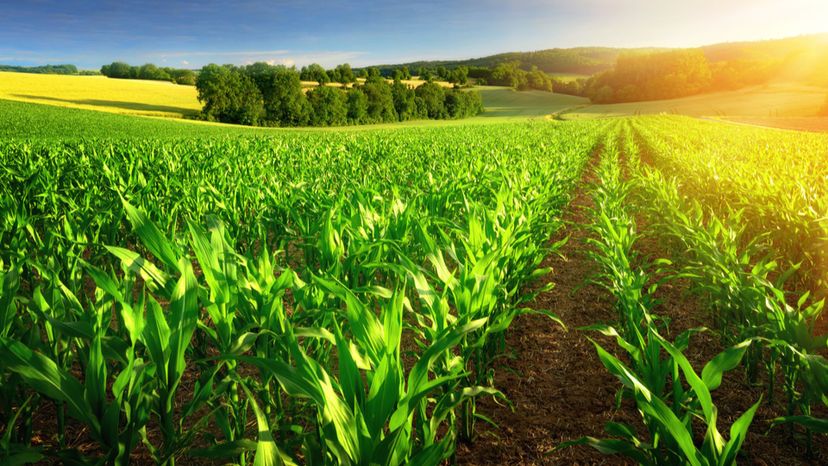
About This Quiz
When humans first evolved, if we wanted to eat, we had to hunt, forage, or scavenge. You were either a caveperson or a nomad. This actually wasn't as hard a life as it sounds: hunter-gatherers spent most of their time lazing around, and their bodies show that they were in pretty decent health. However, one thing they couldn't do is collect property or even store food against lean times, which means they could never hedge against a famine, a drought, natural disasters, climate change, or the herds just deciding they want to go somewhere inaccessible.
Enter farming. The change to growing our food on purpose wasn't as sudden as imagined: many societies we would consider to be gatherers would do things like weeding and protecting a berry patch, which are clearly farming techniques. Indeed, at first, farming was much harder work than hunting or foraging -- especially in places such as China where rice paddies require year-round work, unlike European wheat fields which at least give you the winter to relax. It didn't even mean improved diets at first, as people didn't know how to do it very well, and nutritional quality declined in some places. However, farming enabled people to get rich, to claim land, and to generate a surplus for the first time. It also invented negatives such as enslaving other humans, hoarding resources, and of course, subjugating women -- ideas that favored a small few at the expense of the many and have yet to be fully rectified. Still, we are now so good at farming that we can feed 100% of the population with only 3% of us working the land, which provides spare capacity for things like art, literature, invention, medicine, and leisure. So let's see how well you know the world's actual oldest profession!
Advertisement
Advertisement
Advertisement
Advertisement
Advertisement
Advertisement
Advertisement
Advertisement
Advertisement
Advertisement
Advertisement